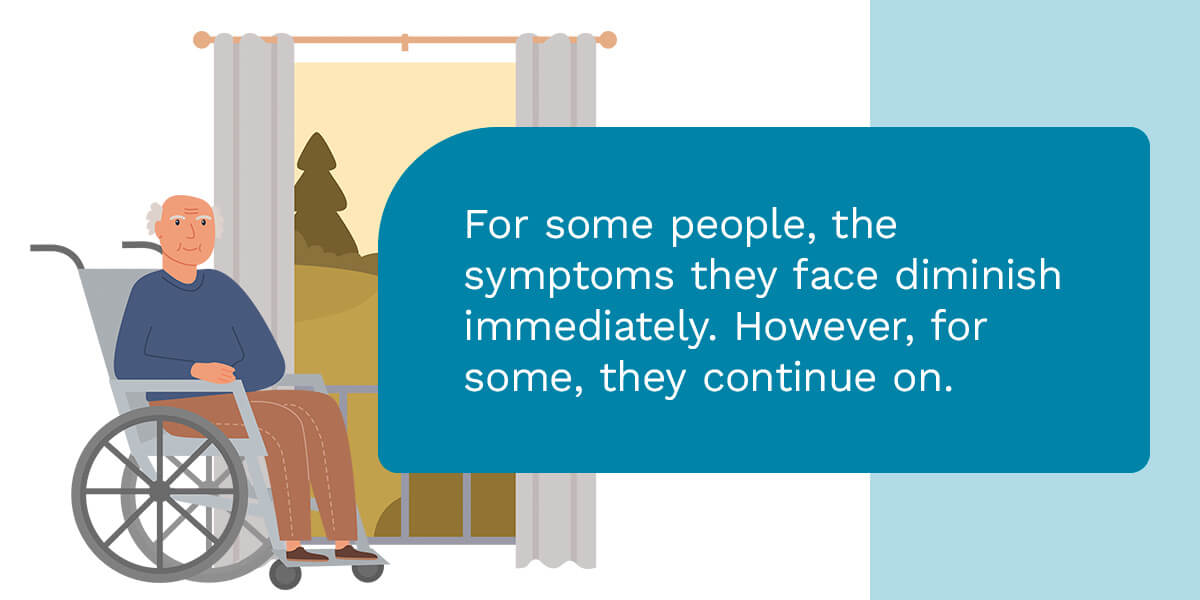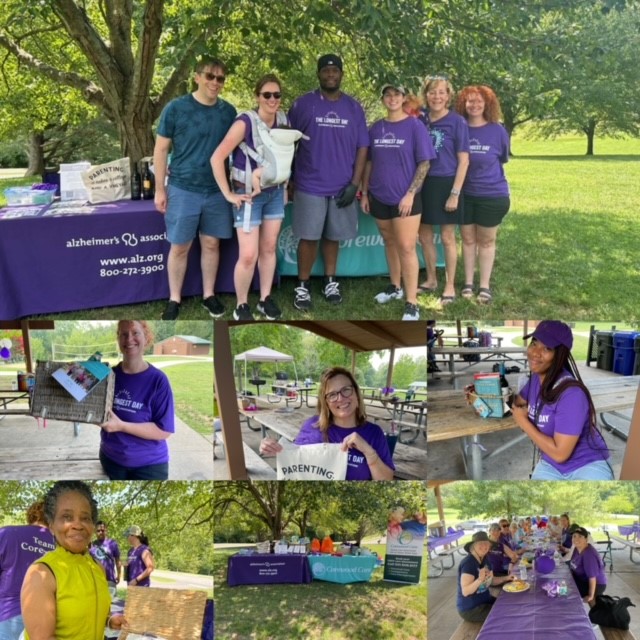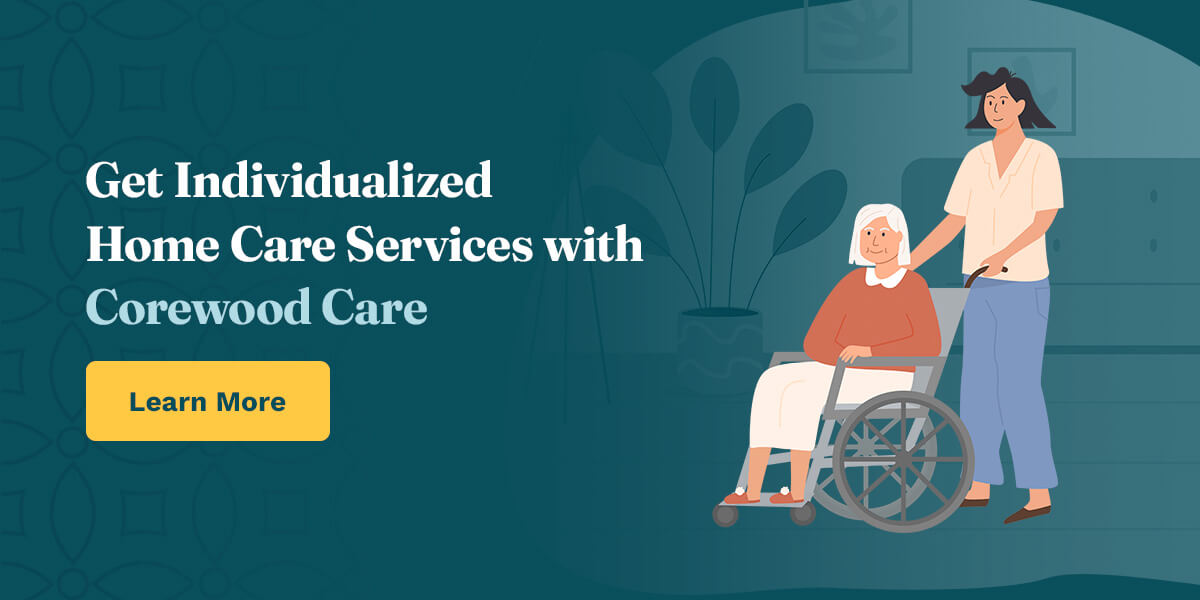As summer rolls in, the number of older adults who suffer from heat stroke and dehydration increases. Those 75 and above, are the most susceptible to heat because it takes their bodies longer to cool down. Dehydration diminishes a person’s ability to regulate their body temperature, thus placing them at a higher risk of developing a heat illness. That’s because when we age, our bodies become less efficient at regulating temperature. Older adults don’t sweat as much as young people, which is one of the body’s most important heat-regulation mechanisms.
There are a variety of lifestyle and health factors that increase the risk of developing a heat-related illness among this population:
- Dehydration
- Chronic illnesses such as heart and kidney diseases; blood circulation conditions
- Prescription medications that reduce sweating
- Salt-restricted diets
- Overdressing
- Lack of airflow or access to air conditions
Help your older loved one beat the heat by taking the following steps.
Proper ventilation at home
Try to maintain a cool environment at home. Central air conditioning is the best option, but if that is not possible, a window air conditioning unit will also work. Alternatively, fans can also provide relief. Make sure to position fans near windows while keeping all windows in the house open to allow continuous circulation of air.
Make use of air-conditioned public spaces
If air conditioning is not an option in the home, then take your loved one to public spaces with air conditioning. Some great options include a shopping mall, library, restaurant or even a local senior center.
Hydrate!
High temperatures in the summer make us sweat more, which can cause heatstroke. To avoid this affliction, keep your loved ones hydrated by encouraging them to drink water. Also, include foods in their diet that have a high water content such as cucumbers, melons, and berries.
While drinking eight glasses of water is a goal to strive for, also incorporate beverages that have electrolytes as those replace the minerals that a person loses while sweating.
Studies indicate that when you feel thirsty your ability to regulate heat begins to decline. For older adults, who already struggle to manage internal body heat, dehydration can block the body’s natural cooling process even more.
Older adults need to drink water and juices regularly. A good rule of thumb is to drink fluids at every meal, as well as sipping fluids throughout the day. Avoid alcohol as well as caffeine including coffee, tea, and soda as they are a diuretic and can cause more dehydration.
Beat the heat by planning ahead
If outdoor activities are on the schedule be sure to time your outing for before noon or after 4 pm. The hottest portions of the day are typically between noon and 4 p.m. Instead, take a walk early in the day or late in the evening when temperatures and humidity are at their lowest points.
Change your wardrobe
Wear clothes that are loose fitting, containing natural fibers such as cotton and allow room for circulation. A light colored, long sleeved, loose-fitted shirt, paired with a wide-brimmed hat and a pair of sunglasses is the ideal summer fashion statement. This attire allows the heat from being trapped close to the body while keeping the sun off the skin.
Be aware of early warning signs
Check on your loved one at least twice a day. Early warning signs of heat exhaustion include excessive sweating, tiredness, weakness, dizziness, headache and muscle cramps. If untreated, heat exhaustion can progress within 10 – 15 minutes into heat stroke (a more serious condition). Heat stroke is caused when the internal body temperature rises faster than it’s able to lower naturally. Symptoms of heat stroke include nausea, vomiting, fainting, headache, rapid heartbeat or excessive sweating. If symptoms of heat stroke are present, call 911.
To help those suffering from heat-related illness here what you can do immediately: First, have the person lie down in a cool place, and if you can put a fan directly on that person even better. Then take steps to lower body temperature. Air-conditioning, offer cool fluids, or providing access to a cool bath will also help.
Warm temperatures can be a welcome shift, especially when dealing with aches and pains, but older adults need to protect themselves against the dangerous effects of hot weather. When it comes to warm conditions, too much of a good thing can become a health hazard.



Recent Comments